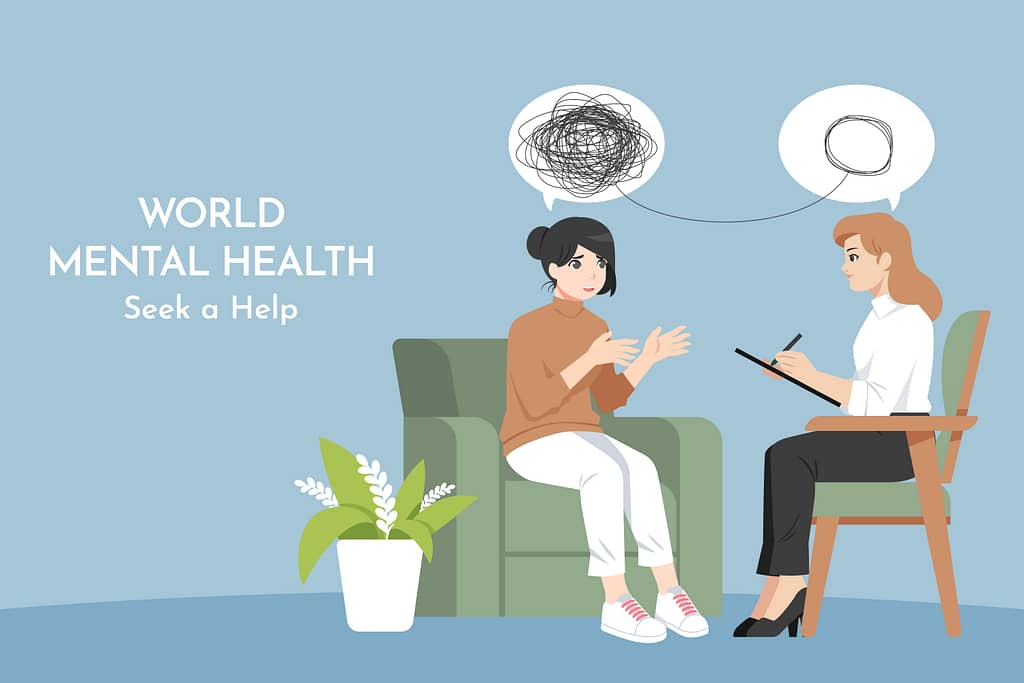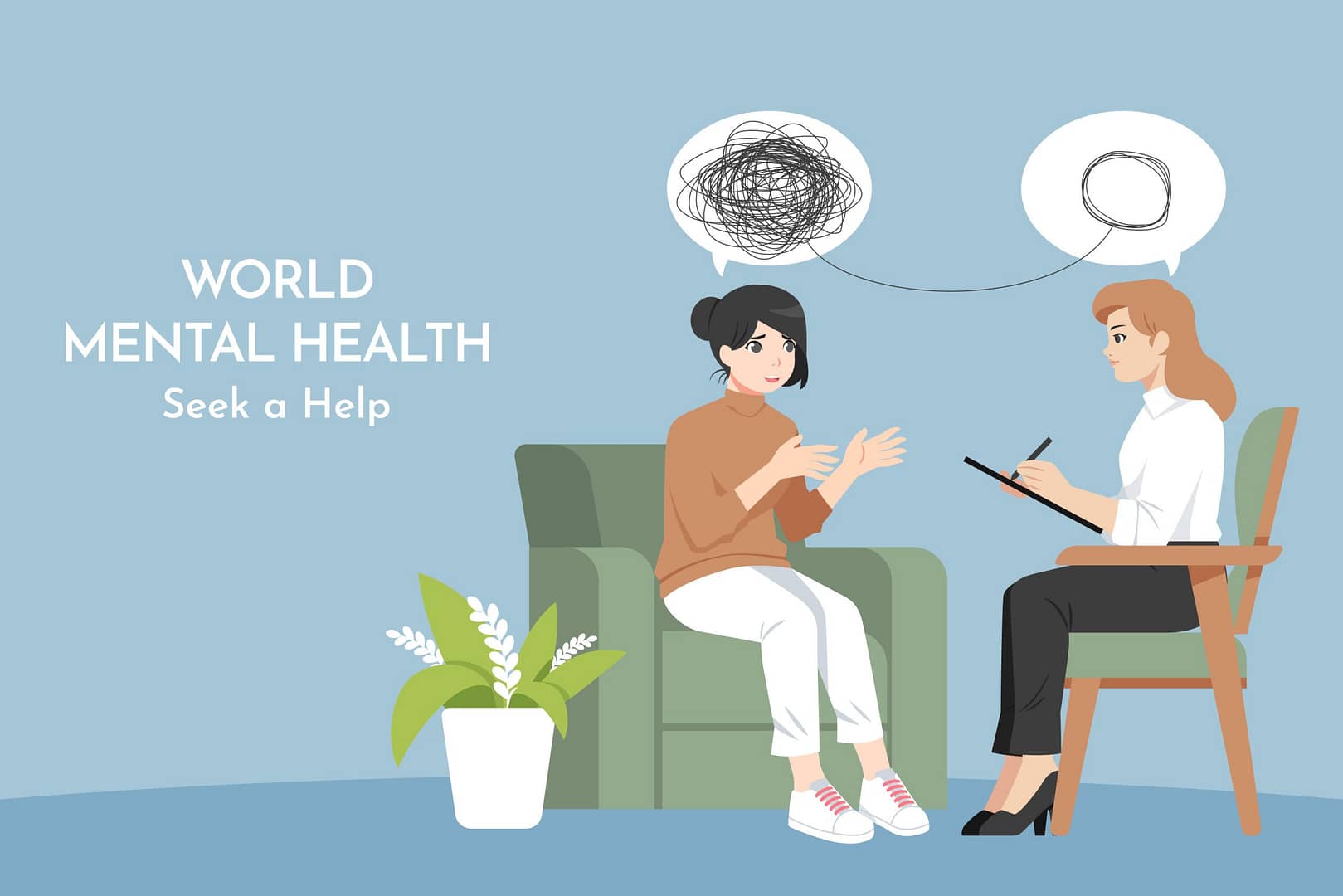Master’s in Clinical Psychology without a Bachelor’s Degree
Let me tell you a story about Sarah. She always dreamed of becoming a clinical psychologist, but life took her on a different path. Instead of pursuing a traditional Bachelor’s degree, she decided to dive straight into a Master’s program in Clinical Psychology. Sound unconventional? It is, but Sarah isn’t alone. More and more people are taking this less-traveled road to their dream career.
In this article, we’ll explore why some people choose this route, hear inspiring stories of those who’ve succeeded, and learn tips for overcoming the challenges along the way. So, get ready to discover the possibilities of pursuing a Master’s in Clinical Psychology without the usual Bachelor’s degree. It’s a journey full of surprises and opportunities you won’t want to miss!
Background Information
Let’s talk about the usual way people become clinical psychologists. Typically, they start with a Bachelor’s degree in psychology or a related field. After that, they move on to a Master’s or Ph.D. program in Clinical Psychology. This step-by-step approach helps build a strong foundation before getting into specialized areas.
But some folks decide to do things differently. They skip the Bachelor’s degree and go straight for a Master’s in Clinical Psychology. Why? Well, there are a few reasons.
First, some might already have relevant experience or knowledge from work or internships. They feel ready for a Master’s program even without a formal psychology undergrad education.
Second, for those who started but didn’t finish their Bachelor’s or have a degree in something else, going straight for a Master’s can be quicker and more practical.
Now, doing it this way isn’t easy. One big challenge is convincing the admissions folks that you’re ready for a Master’s without the usual Bachelor’s degree. And some people might doubt if a program that accepts students without traditional undergrad qualifications is any good.
But for those who take this path, it can lead to great rewards. With determination and a clear
understanding of their goals, they can overcome these challenges and build successful careers in clinical psychology, even if they took a less traditional route to get there.

Profiles of Successful Individuals
Meet Sarah and John, two individuals who defied convention and successfully pursued a Master’s in Clinical Psychology without a Bachelor’s degree.
Sarah’s Story
Sarah always had a passion for understanding people’s behavior, but life took her on a different path after high school. Instead of going to college, she started working in a mental health facility as a support worker. Over the years, Sarah gained valuable experience working directly with clients, learning about different psychological theories, and developing her skills in counseling.
Motivated by her passion and the desire to advance her career, Sarah decided to pursue a Master’s in Clinical Psychology. Despite not having a Bachelor’s degree, she demonstrated her commitment and readiness for the program through her extensive experience and dedication to continuous learning.
To achieve her goal, Sarah took several steps. She enrolled in online courses to fill any gaps in her knowledge and strengthen her academic background. She also reached out to professionals in the field for advice and guidance, building a strong support network along the way.
Today, Sarah is a licensed clinical psychologist, specializing in trauma therapy. Her unconventional path not only demonstrates her resilience and determination but also showcases the flexibility of the field in accommodating diverse educational backgrounds.
John’s Story
John’s journey to becoming a clinical psychologist took a different route. After completing high school, he pursued a Bachelor’s degree in computer science, but he soon realized that his true passion lay in psychology. Instead of starting over with a new Bachelor’s degree, John decided to explore alternative paths to achieve his career goals.
Driven by his desire to make a difference in people’s lives, John researched different Master’s programs in Clinical Psychology that didn’t require a Bachelor’s degree in psychology. He found a program that valued his diverse background and emphasized practical experience in the admissions process.
To bolster his application, John volunteered at a local counseling center and completed relevant online courses to supplement his knowledge. He also highlighted transferable skills from his computer science degree, such as problem-solving and data analysis, during the application process.
Today, John works as a clinical psychologist in a private practice, specializing in cognitive-behavioral therapy for anxiety disorders. His journey exemplifies the adaptability of the field and the importance of leveraging transferable skills to succeed in unconventional paths to a Master’s in Clinical Psychology.
Sarah and John’s stories highlight the diverse paths individuals can take to pursue a Master’s in Clinical Psychology without a traditional Bachelor’s degree. Their experiences demonstrate that passion, perseverance, and a willingness to think outside the box can lead to success in this rewarding field.
Strategies for Success
If you’re thinking about pursuing a Master’s in Clinical Psychology without a Bachelor’s degree, here are some simple steps to help you succeed:
1. Know Your Why
Figure out why you want to pursue a career in clinical psychology and how a Master’s degree fits into your plans.
2. Fill the Gaps
Take online courses or community college classes to learn the basics of psychology if you don’t have a formal background in the field.
3. Get Experience
Volunteer at counseling centers or mental health facilities to gain hands-on experience working with clients. This experience will strengthen your application to Master’s programs.
4. Look for Flexible Programs
Research Master’s programs that welcome diverse backgrounds. Find ones that value practical experience over traditional academic qualifications.
5. Use Your Skills
Highlight transferable skills from your previous education or work experience, like communication and problem-solving, that are relevant to clinical psychology.
6. Connect with Mentors
Reach out to professionals in the field for guidance and support. They can offer valuable advice as you navigate this unconventional path.
7. Build a Support System
Surround yourself with friends, family, and peers who believe in you and your goals. They can provide encouragement and emotional support along the way.
By following these simple strategies and staying focused on your goals, you can overcome challenges and achieve success in pursuing a Master’s in Clinical Psychology without a Bachelor’s degree.

Addressing Challenges
Taking the path of pursuing a Master’s in Clinical Psychology without a Bachelor’s degree can come with its share of challenges. Here’s how to tackle them:
1. Recognize the Hurdles
Be aware of potential obstacles like doubts from admissions committees and peers. Understanding these challenges is the first step to overcoming them.
2. Stay Strong
Stay resilient in the face of setbacks. Keep your focus on your long-term goals and maintain a positive outlook, even when things get tough.
3. Reach Out for Help
Don’t be afraid to ask for guidance. Seek advice from peers, mentors, and professionals in the field. Their insights can be invaluable in navigating challenges.
4. Build Your Support System
Surround yourself with supportive people who believe in you. Friends, family, and fellow aspiring psychologists can offer encouragement and help you stay motivated.
5. Keep Your Drive Alive
Stay motivated by reminding yourself why you chose this path. Set achievable goals and celebrate your progress along the way to keep your spirits high.
6. Be Persistent
Maintain your determination, even when faced with adversity. Believe in your ability to overcome challenges and keep pushing forward toward your goals.
7. Embrace Change
Stay flexible and open to new opportunities. Adapt to changes in circumstances and be willing to explore different paths to reach your destination.
By recognizing challenges, seeking support, staying motivated, and remaining adaptable, you can overcome obstacles and succeed in pursuing a Master’s in Clinical Psychology without a traditional Bachelor’s degree. Your determination and resilience will be your greatest assets on this unconventional journey toward your career goals.
Conclusion
To wrap up, we’ve learned that pursuing a Master’s in Clinical Psychology without a Bachelor’s degree is feasible with dedication and hard work. We’ve heard inspiring stories and practical advice from individuals like Sarah and John, who showed us that unconventional paths can lead to success.
The message is clear: with determination and resourcefulness, you can overcome challenges and achieve your goals. Don’t be afraid to explore alternative routes to education and career advancement. Whether it’s filling in knowledge gaps, gaining experience, or seeking mentorship, there are many ways to reach your destination.
In closing, I urge you to embrace your unique journey and pursue your passions with confidence. The road may be different, but the opportunities are just as real. Remember, success is within reach if you stay focused and resilient. Good luck on your path to a fulfilling career in clinical psychology!
Additional Resources
Here are some easy-to-access resources to help you further explore pursuing a Master’s in Clinical Psychology without a Bachelor’s degree:
Websites:
1. American Psychological Association (APA)
3. Council for Accreditation of Counseling and Related Educational Programs (CACREP)
Books:
1. “Getting into Graduate School in Psychology” by American Psychological Association
2. “Graduate Study in Psychology” by American Psychological Association
Organizations:
1. Association for Psychological Science (APS)
2. National Alliance of Professional Psychology Providers (NAPPP)
Academic Advisors and Professionals:
– Contact academic advisors at universities offering Master’s programs in Clinical Psychology.
– Connect with professionals in the field of clinical psychology through LinkedIn or professional organizations.
These resources offer valuable information and support to guide you on your journey toward pursuing a Master’s in Clinical Psychology.
FAQs
1. Can I do a Master’s in Clinical Psychology without a Bachelor’s in the same field?
Yes, some places accept applicants without a Bachelor’s in psychology. Check each program’s requirements, as they might consider equivalent knowledge shown through work experience or certifications.
2. How do I prove I know enough about psychology without a Bachelor’s degree?
You might need to show your knowledge in different ways, like submitting a portfolio, sharing relevant work experience, or completing specific courses to make sure you have the needed academic background.
3. Does work experience help if I don’t have a Bachelor’s in Clinical Psychology?
Definitely. Having practical experience in psychology or related fields can compensate for not having a Bachelor’s degree, making you eligible for certain Master’s programs.
4. Are there schools with personalized admission processes for those without a Bachelor’s degree?
Yes, some schools understand that everyone’s educational journey is different. They might have special admission processes, allowing you to make a strong case based on your unique experiences and motivations.
5. How can I meet program requirements for a Master’s without a Bachelor’s in Clinical Psychology?
To meet program requirements, research thoroughly. You might have to fulfill specific prerequisites or take extra courses to make sure you’re ready for the more advanced studies in a Master’s program.

